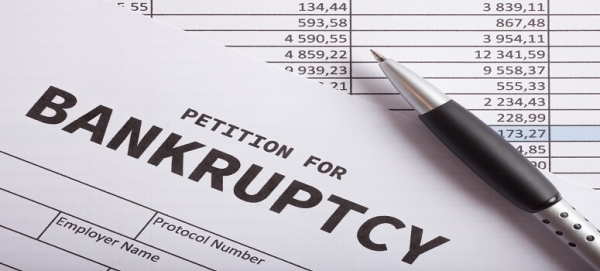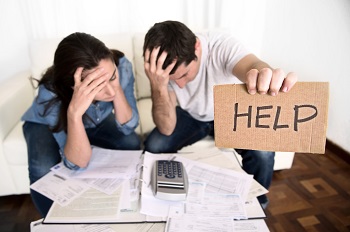
What Is The Standing Of Your Credit Score After Bankruptcy?
Filing for Chapter 7 bankruptcy can significantly impact your credit score. The average debtor may experience a drop of around 100 points or more in their credit score within a few months of filing for Chapter 7 bankruptcy.
It’s difficult to predict exactly what someone’s credit score will be after filing for Chapter 7 bankruptcy, as it will depend on various factors unique to their situation. However, with time and responsible credit management, it is possible to rebuild credit and improve your score after bankruptcy. It’s important to consult with an experienced bankruptcy lawyer in Austin, TX before making any decisions about filing for bankruptcy.
Credit Score After Chapter 7 Bankruptcy
After successfully completing a Chapter 7 bankruptcy case, individuals may still have outstanding debts such as tax or child support debt, which can result in a credit score in the low 400s range. However, the discharge of unsecured loans can lead to an increase in their credit score, which may be visible in just about 3 to 4 months. By consistently repaying their debts going forward, individuals can significantly improve their credit scores.

Why You Should Consider Your Credit Score After Chapter 7
It’s important to be concerned about your credit score after filing for Chapter 7 bankruptcy because it can impact your access to loans and the cost of debt. With a lower credit score, you may only qualify for high-interest loans, which can make it harder to obtain cheap loans.
Additionally, a low credit score can also result in lower credit limits for unsecured credit cards and may make it more difficult to rent or purchase a home or car with a loan.
Raising A Credit Score After Chapter 7 Bankruptcy
Having a bad credit score after Chapter 7 bankruptcy can negatively impact your financial future. To avoid this, it’s important to take steps to raise your credit score. One way to do this is by being strategic about your loan repayments. Timely repayments can increase your credit score by 100 to 200 points over time. If possible, consider lengthening the repayment period to allow for smaller, more manageable repayments.
Be cautious about taking on too much credit too soon after bankruptcy. Focus on keeping your debt level at 50% or less of your available credit to improve your score without worsening the problem.
Practicing frugal spending habits and consistently making repayments can also help boost your credit score over time. While significant positive changes may take up to a year to be noticeable, sticking to normal-interest loans can lead to a score increase within 1-2 years. By taking these steps, you can gradually improve your credit score after Chapter 7 bankruptcy and regain your financial stability.
Actionable Steps To Raise Credit Score
- Check your credit score and report: Request a free credit report allowed under Federal law to confirm your score. Dispute errors if any, as reports can contain entries with errors.
- Pay existing debt on time: Once errors are removed, start paying existing debt on time. Timely payments can raise a credit score by 100 to 200 points over time.
- Avoid multiple credit cards: Don’t have multiple cards and only take credit cards based on affordability.
- Consider larger loans responsibly: Once you can comfortably work with credit card debt, you can consider larger loans that show a diverse mix of borrowing. Service such debt responsibly to raise your score slowly but steadily.
Why Hire An Attorney From Austin Bankruptcy Lawyers?
Hiring a bankruptcy attorney to handle your case can be an excellent decision for those who want to navigate the legal process successfully. In particular, the team of attorneys at Austin Bankruptcy Lawyers is well-versed in bankruptcy law and can provide invaluable support to clients.
With years of experience, they understand the intricacies of the legal system and can help clients get the best possible outcome in their cases. Additionally, they provide personalized service to each client, working closely with them to understand their unique circumstances and goals.
Summary
The process of filing for Chapter 7 bankruptcy can result in a significant drop in your credit score. An average debtor may see a drop of around 100 points or more within a few months of filing for bankruptcy. However, with responsible credit management and time, it is possible to rebuild credit and improve your score after bankruptcy.
It’s important to be concerned about your credit score after filing for bankruptcy as it can impact your ability to access credit and the cost of debt. A low credit score may result in higher interest rates, lower credit limits, and difficulty in obtaining loans or rentals. To raise your credit score after Chapter 7 bankruptcy, take actionable steps such as checking your credit score and report, paying existing debt on time, avoiding multiple credit cards, and considering larger loans responsibly.

